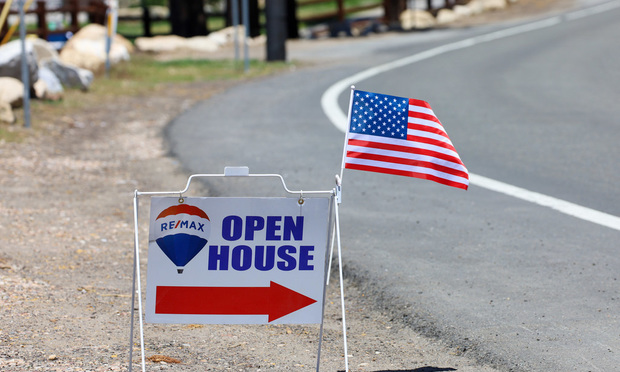NEW YORK--Lloyd's Chairman Peter Levene said he never thought the issue of U.S. collateral requirements for reinsurers would last as long as it has, but he hopes a New York regulator's proposal will finally bring change.
Five years ago when he started at Lloyds, he said, there were two major issues to deal with: U.S. collateral rules and securing a license to operate in China--and a quicker resolution was seen for collateralization.
"We finished the Chinese problem two years ago," Mr. Levene, a British lord, said at a press meeting here. He said the market "got nowhere" with U.S. regulators until recently when New York Insurance Superintendent Eric Dinallo proposed to drop most collateral requirements for reinsurers who were judged to have sound financial strength by rating firms.
Mr. Dinallo's proposed regulation would allow the highest-rated U.S. and non-U.S. reinsurers not authorized to do business in New York to be treated the same as New York insurers (National Underwriter, Oct. 29).
In 2005, foreign reinsurers posted about $120 billion in collateral in the U.S., on which they pay about $500 million annually in transaction costs
"I think this will make the other states think," Lord Levene said. "There is a [National Association of Insurance Commissioners] meeting this weekend, and I very much hope the other states will listen carefully to what the New York commissioner has suggested. It would be a great leap forward for having a more competitive playing field."
He added that a few other states also "are looking at it quite seriously, and I hope they see the light."
Although a few European reinsurers including Munich Re and Swiss Re have established U.S. entities, lessening their exposure to the problem, Lord Levene said Lloyd's looked into doing this but found it was not possible.
"Lloyd's would be in the same position, except Lloyd's can't create a local entity, because we are not a company. We are a market," he said. "We've looked at this and the construct doesn't work."
Lord Levene also questioned the fears of reinsurer insolvency some industry groups said could result from such a regulation.
"For [Sept. 11, 2001] Lloyd's took the biggest hit of any insurer or reinsurer in the world," he said. "Everybody was paid out straight away."
Under Mr. Dinallo's proposal, once a U.S. insurer went into liquidation its reinsurers would be required to post 100 percent collateral.
In the case of Hurricanes Katrina, Rita and Wilma, Lord Levene said Lloyd's paid out $8 billion. "We don't complain. Why should we complain?" he asked. "It's our business, that's what we're there for. But we don't expect to get penalized."
Without foreign reinsurers, Lord Levene said the U.S. economy "would have a problem. I'm not suggesting foreign reinsurers go away. Why should we? It's our biggest market. The reason we care is because it's unjust, and at the end of the day, the U.S. consumers pick up the tab," he said, adding that doing away with collateral requirements also would "make the market more competitive, which would benefit everyone."
Want to continue reading?
Become a Free PropertyCasualty360 Digital Reader
Your access to unlimited PropertyCasualty360 content isn’t changing.
Once you are an ALM digital member, you’ll receive:
- Breaking insurance news and analysis, on-site and via our newsletters and custom alerts
- Weekly Insurance Speak podcast featuring exclusive interviews with industry leaders
- Educational webcasts, white papers, and ebooks from industry thought leaders
- Critical converage of the employee benefits and financial advisory markets on our other ALM sites, BenefitsPRO and ThinkAdvisor
Already have an account? Sign In Now
© 2024 ALM Global, LLC, All Rights Reserved. Request academic re-use from www.copyright.com. All other uses, submit a request to [email protected]. For more information visit Asset & Logo Licensing.








